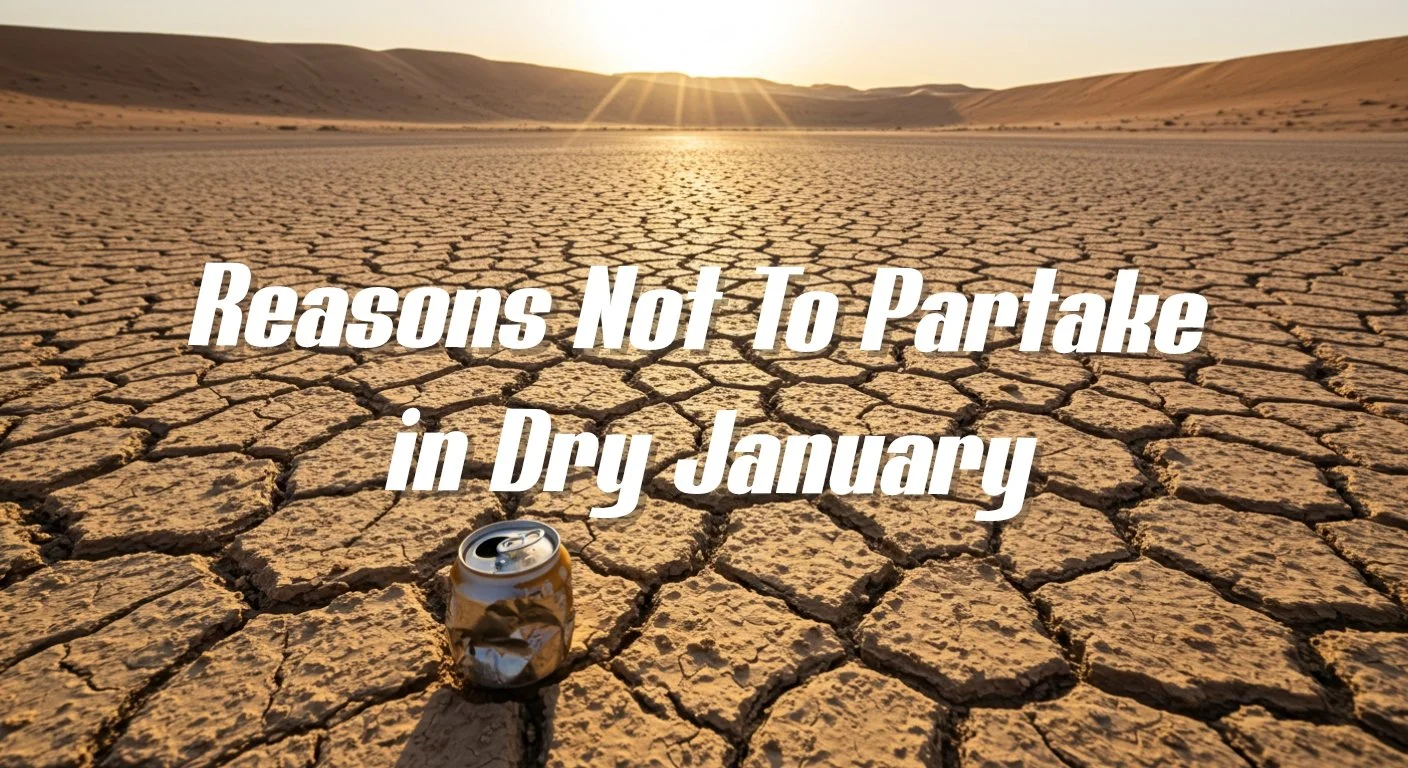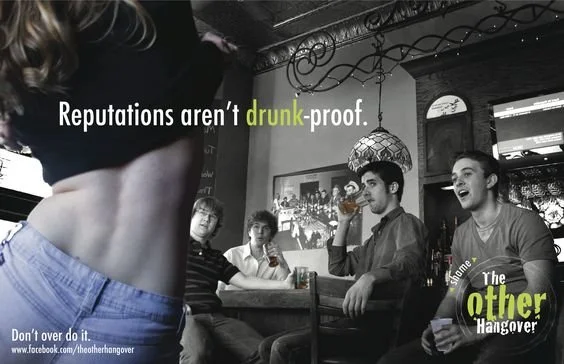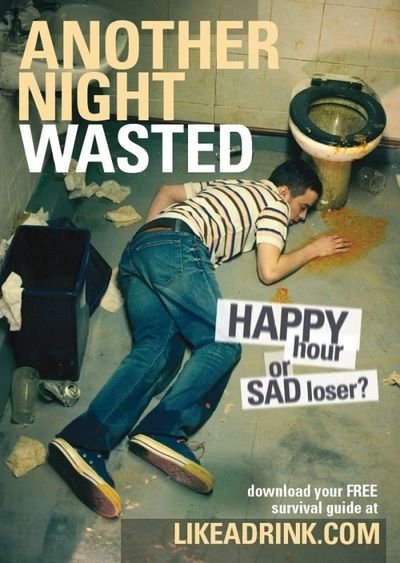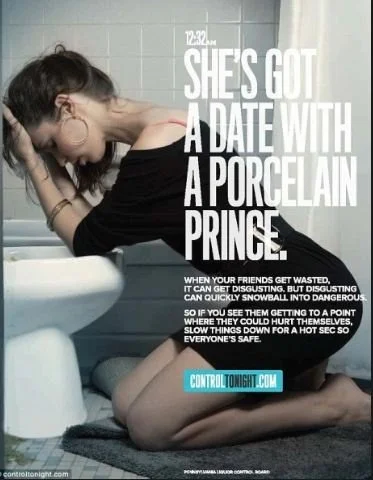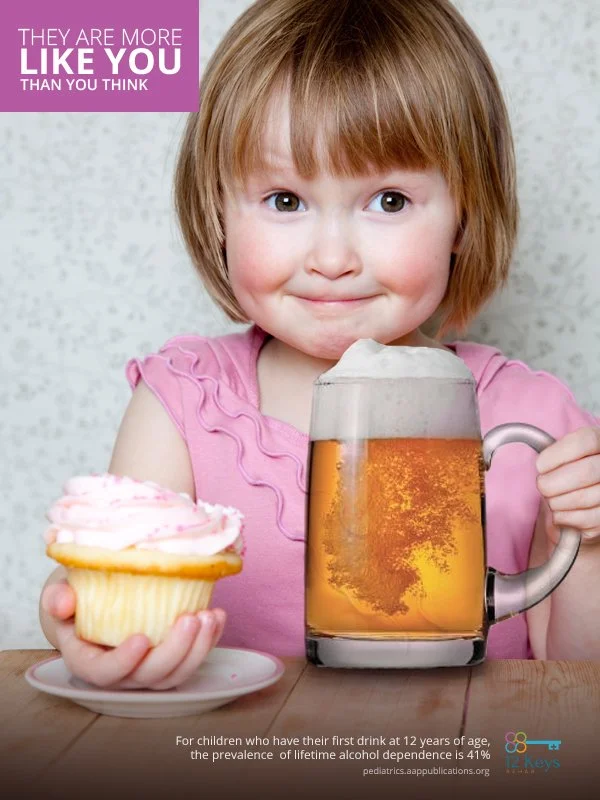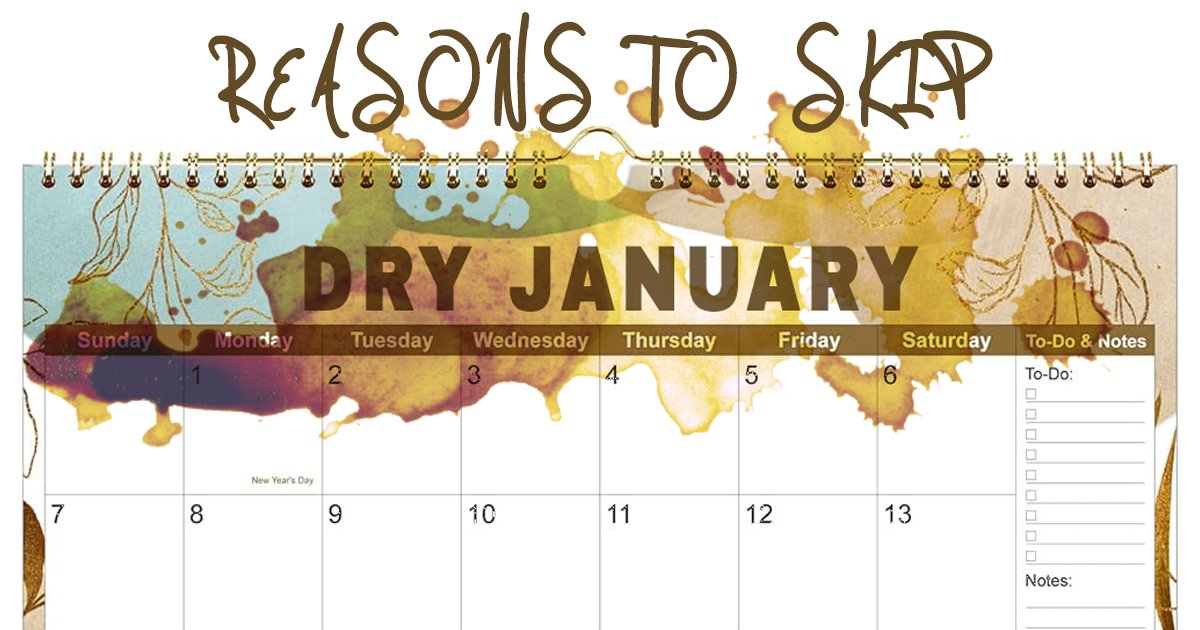Reasons Not To Partake in Dry January
Each December, as holiday celebrations wind down and we set our sights on getting a fresh start in the new year, we are bombarded with press coverage and social media posts about Dry January. For those living under a rock, this is the time of year when many people choose to abstain from all alcohol consumption for the entire month. Like other trends, you probably hear about it through the deluge of humble bragging you see on your social media feed or overhear at parties. In fact, a recent New York Times article even went so far as to encourage you to tell everyone you know about your choice to join the challenge.
While this writer would never dispute someone’s reasons for giving up or cutting back on alcohol (and you shouldn’t either) if they feel they have a problem, Dry January comes with implications that go beyond physical health and wellness. There are obvious mental health consequences that come with choosing to avoid social interactions - which often comes with abstinence - or community gathering places such as bars. Just ask Gen Z, who is suffering from a mental health crisis as a result of spending more time online and less time interacting in person. Loneliness is an epidemic and people are having less sex. See a connection? There are also implications for businesses, both local and global, when their source of income dries up or experiences a significant decline during what is already one of the slowest times of the year. Then there are the bigger picture arguments about what an increasing anti-alcohol sentiment means for society as a whole.
These are all important factors to keep in mind as you consider whether to embark on Dry January. They are also among these three reasons why it may be time to reconsider what partaking in this annual challenge actually means…
Dry January = boycotting
There’s one piece of the Dry January narrative that is consistently omitted, and that is the impact on business. Speak to anyone in the alcohol industry - brewery owners, bartenders, winemakers, distributors, Nielsen data wonks - and you will hear about the noticeable decline in sales during January. Between lousy weather and that post-holiday hangover, January has always been slow. Combine this with a borderline recession, inflation, and increased costs of doing business, and you have a recipe for disaster for many businesses that operate with slim margins (cough, breweries and restaurants, cough). Obviously, you don’t have any personal obligation to keep your favorite brewery or beer bar in business, but intentionally choosing to not give it any business for an entire month (longer for people who also do Sober October) is essentially a boycott. This is not just a boycott of your local brewery or even the macro swill you pick up from the grocery store. It’s a boycott of the farmers, distributors, beer bar and bottle shop owners, chefs and restaurant staff, and everyone else who makes up a vibrant industry that is also a major economic contributor. Breweries and other alcohol-related businesses are essentially forced to give their customers a pass to boycott them because of the stigma around drinking. There is obviously merit in this, especially in a state like Oregon where one in five people drink excessively (Oregon Behavior Risk Factor Surveillance System Survey Data), and many breweries and bars have made an increasingly strong effort to provide non-alcoholic options to customers in recent years. However, it feels like somewhat of a double standard when consumers don’t collective partake in a month of being sugar-free, not eating processed foods, causing pollution via driving, gambling, and the use of social media to name just a handful of things that also cause mental, physical and financial health problems. Every time a brewery closes or a beloved local bar or restaurant shuts down, we lament the demise, but perhaps it’s worth supporting them when they might need it most.
Dry January is a slippery slope towards neo-prohibitionism
Dry January? Sober October? Some might say that tying the choice to take a month off of drinking to a complete ban on alcohol is a bit of a stretch, but the headwinds of neo-prohibitionism are blowing strong these days. With the World Health Organization announcing that “no amount of alcohol consumption is safe for your health” in - coincidentally enough - January 2023, it was made clear that there is a large public health movement stirring up that advocates for sobriety. While the truth to this bombshell is contested by the scientific community, the optics of it are unavoidable. Dry January plays in perfectly to this narrative, because if you can make it one month without booze, why not try twelve?
Look back at the factors that lead to Prohibition and you will see a sentiment that developed around the moral high road within the temperance movement. While evidence certainly doesn’t point towards Prohibition repeating again, there is often a self-righteous and puritanical tone to the messaging we get around not drinking. This is often disguised as part of the larger wellness and “clean living” movement, but we are seeing the effects of the messaging that alcohol is bad. Numerous studies have been published documenting the increasing amount of Gen Zers choosing abstinence. Hell, there’s even an anthem about it. It seems that many college-aged students have come to the conclusion that the choice is abstinence of binge drinking with no rational middle ground. This idea of taking sides on one extreme or the other is common across many areas of our tribalized society.
The days of Don Draper’s martini lunches are behind us, and that is probably for the best. However, if we are moving towards a world where mocktails and N/A beer are more common than the real thing, we can expect a more boring society.
In the beer world, 2023 has largely been defined by its wave of brewery closures both big and small. This is partly due to the factors mentioned earlier as well as a recalibration of an oversaturated market. As anti-alcohol sentiment continues to become more pervasive with entire months dedicated to avoidance (and spending), we may only see closures as the places we love are made to feel unwanted and stigmatized. Do we really want to live in a world where simply sitting for a pint at the bar is considered a shameful act?
Moderation over abstinence
In some ways, Dry January is simply a logical reaction to a culture that prizes and promotes binge-drinking much the way sketchy crash diets are promoted as a solution to combating overeating. While many will frame Dry January as a time to reflect on your relationship with alcohol, one can argue that working towards a more balanced approach to consumption is a better long-term strategy. Ask any dietitian about diets and you will almost certainly be on the receiving end of a rant about how moderation is the true key to staying healthy. Whether it’s eating or drinking, the short-term all-or-nothing approach isn’t always effective. Some have even pointed out that giving up something entirely only leads to more cravings. As mentioned earlier, this is by no means an argument to continue drinking if you have a problem. But for those considering taking part in Dry January, it might be worth looking at the benefits that could come from simply cutting back. Many people admit to going right back to their old drinking habits come February 1st, so putting the time and effort into developing a manageable regime is more sustainable in the long-term.


